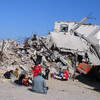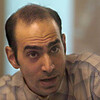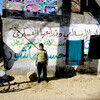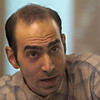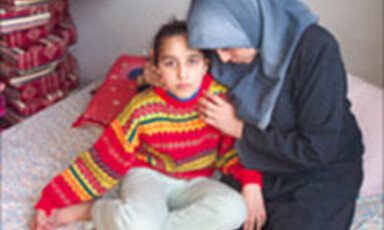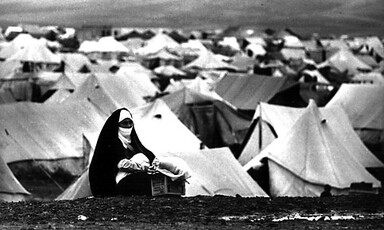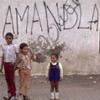
Amandla Ngawethu! South Africa and Palestine compared
8 February 2005
Sometimes the relevance of making comparisons between the liberation movements in South Africa and Palestine is questioned. Jeff Handmaker, Adri Nieuwhof and Bangani Ngeleza argue that, while the situations are by no means identical, sufficient similarities exist for Palestinians and their solidarity counterparts to draw relevant experiences and strategies that helped form the conditions for peace negotiations in South Africa. It is the massive land dispossession and disproportionate situation that has existed both for black South Africans and for Palestinians, reinforced by policies and actions designed to destroy their dignity, which have formed the primary motivators in both liberation struggles. Read more about Amandla Ngawethu! South Africa and Palestine compared
